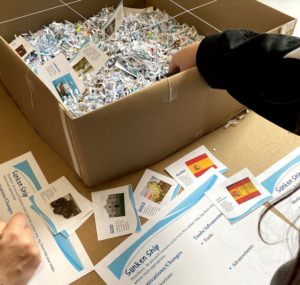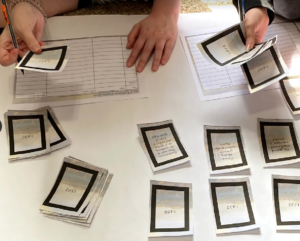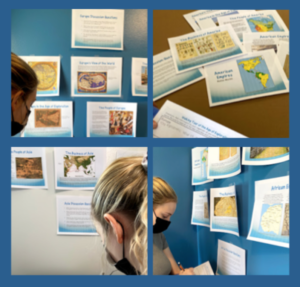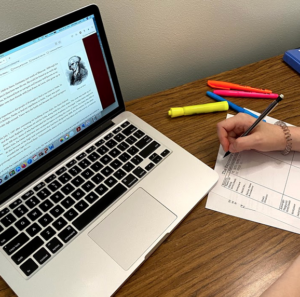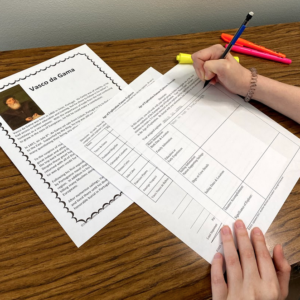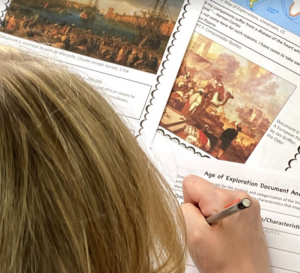Whether you’re a first-year teacher or a seasoned educator, you can always use a new perspective on teaching! Teaching, especially teaching history, can become mundane or repetitive if not done carefully. Using new and innovating teaching tips and trips will help spice things up! Use these new teaching tips for planning your next unit on the Age of Exploration.
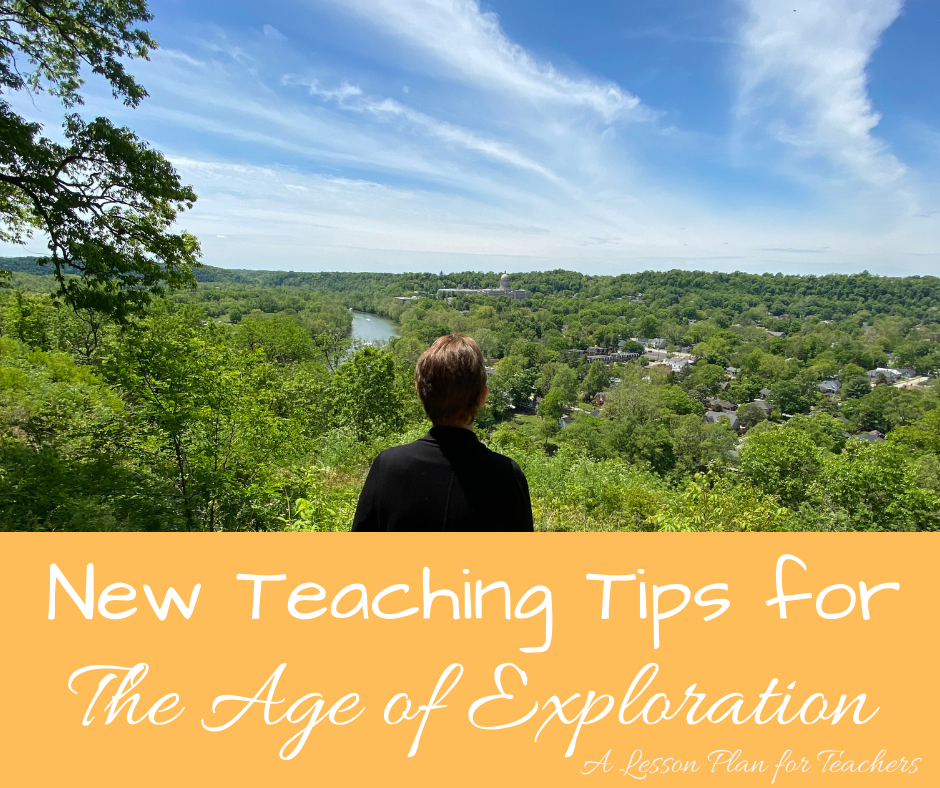
Following Ancient World History, the Age of Exploration can be finessed with excitement, innovation, and intrigue! Students love a good mystery, and often, exploration study can be just that. By using these teaching strategies, students can engage with this unit.
Teaching Strategies for the Age of Exploration
Delve deeper into learning with these six teaching strategies for teaching the Age of Exploration! With hands-on activities, students are more likely to engage with the lesson and retain it for the future.
Vocabulary – When you’re introducing units in history courses, it is imperative to start with vocabulary. Students should learn the basic definitions of key terms, but also the context as those terms apply to the specific unit. Fun and engaging strategies can help students learn meaning while also making connections that will reinforce knowledge.
Timelining – Timelining is one of the best tools to use in the history classroom to help teach cause and effect. Timelines can help students visualize how history occurred and they are great at encouraging discussion and collaboration among students on your assigned topics.
Comparison – Comparison lessons in the Social Studies classroom allow students to practice critical thinking, which is so important for navigating our modern world. Comparison is the basic aspect of critical thinking in which students look at historic topics or events, searching for similarities and differences that play significant roles in history.
Research – Learning to research is an important skill for the history classroom. Students may be inclined to believe all information they find online, so instilling in them a sense of accuracy and information-vetting is vital. Directing students to reputable sources, while teaching them to find their own accurate information online, is key.
Inquiry & Evaluation – Teaching students how to ask questions will set up a foundation they will use throughout the rest of their academic career. In the history classroom, inquiry often also includes evaluation of information to help find the big picture. Collaboration can be the key in bringing your history lessons home for the skills of inquiry and evaluation.
DBQ Writing – As discussed in many previous posts, primary sources are extremely important for understanding history. Taking that one step further, DBQ (Document-Based Questions) writing can help students to make the connections in those primary sources they analyze. Practicing DBQ writing also helps students learn how to go beyond the essay format to take their writing to a more evidence-based level.
For the full Age of Exploration 15-day unit, click here.
Teaching the Age of Exploration with these ready-to-use tactics will ensure that your students grasp the information and engage with the learning process! Try these techniques when you plan your Age of Exploration unit.
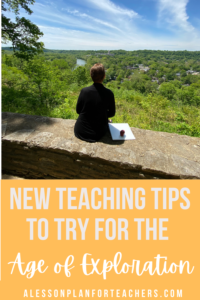
Happy Teaching!

